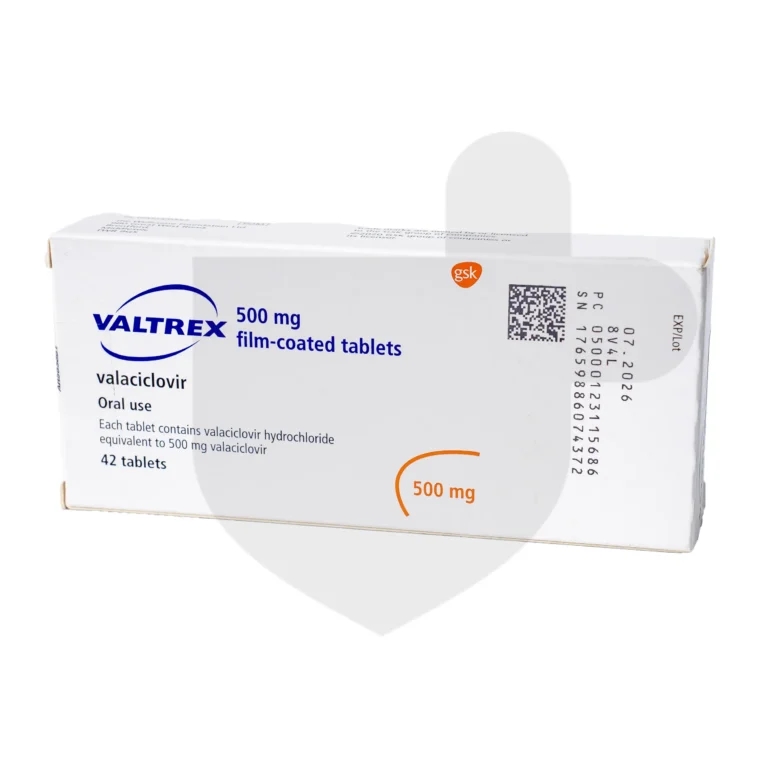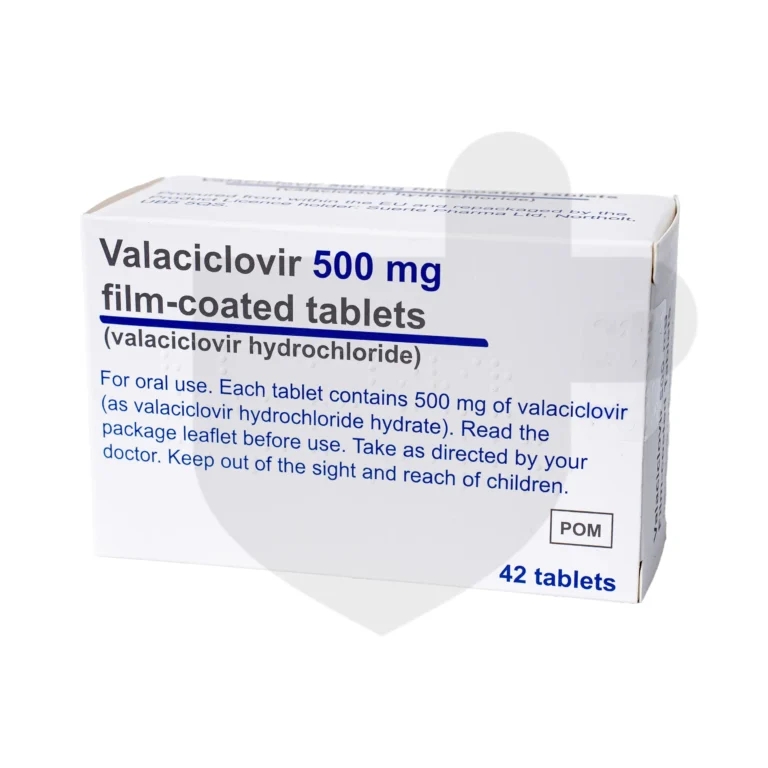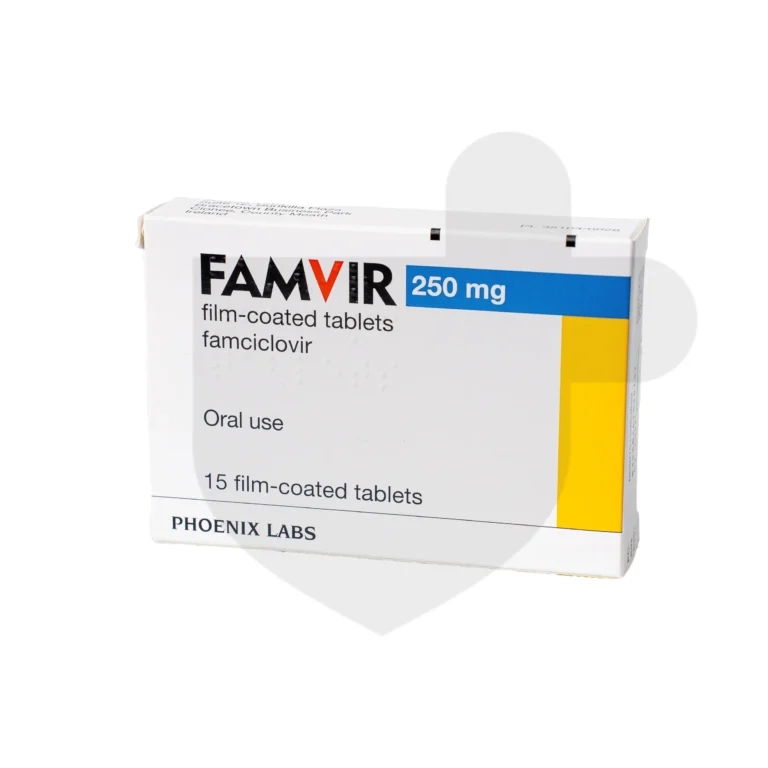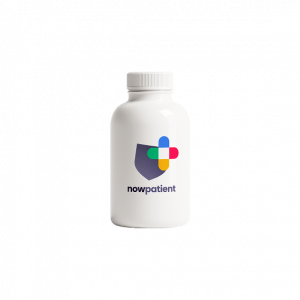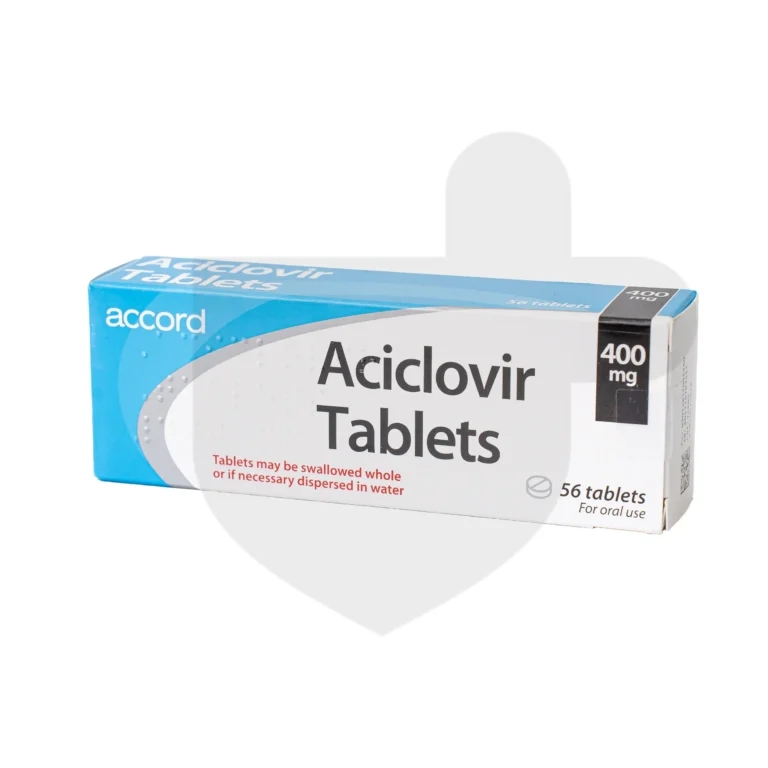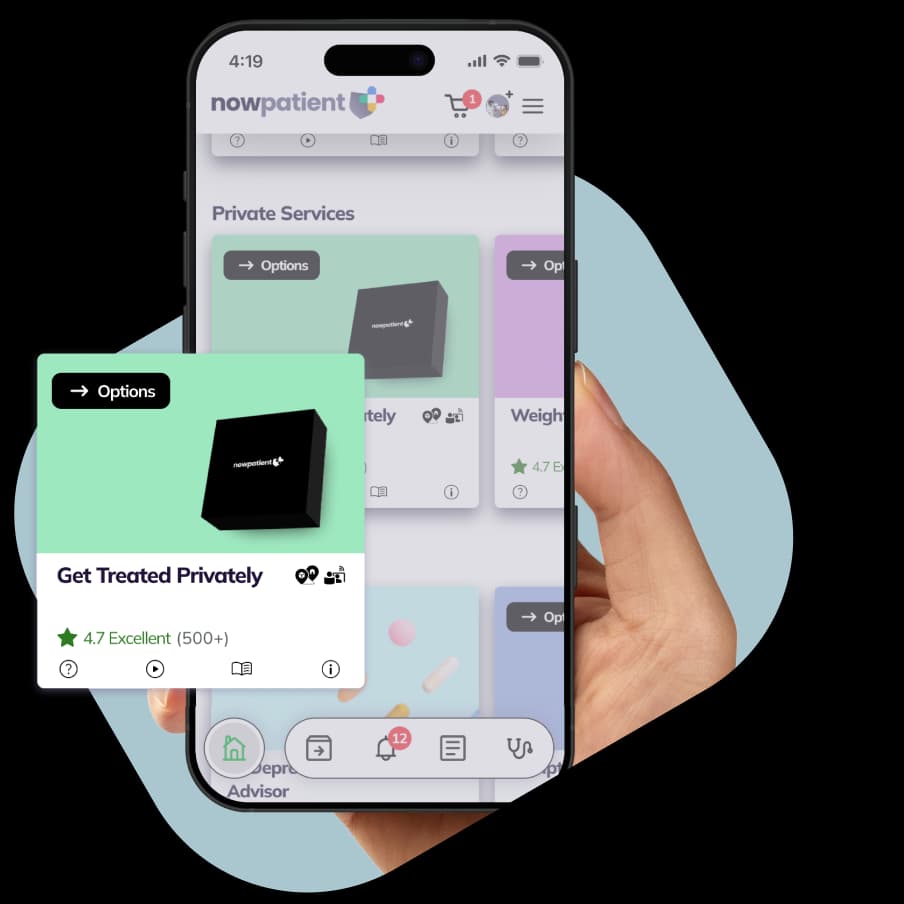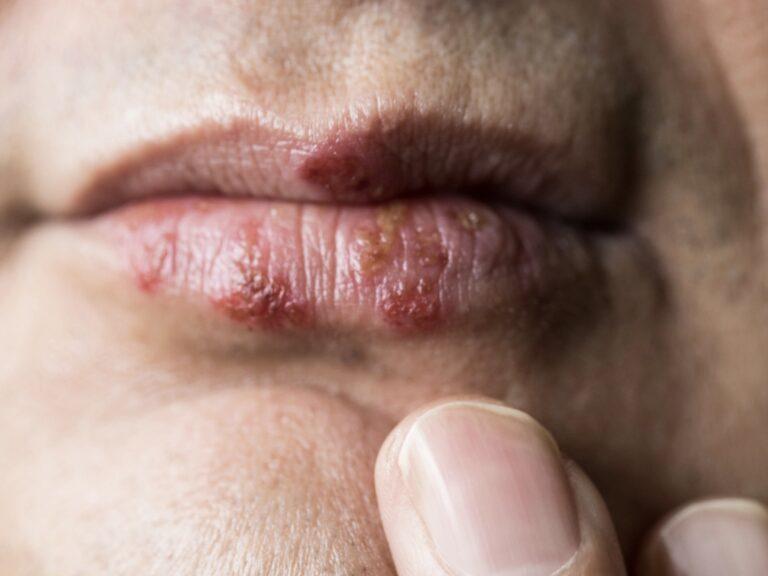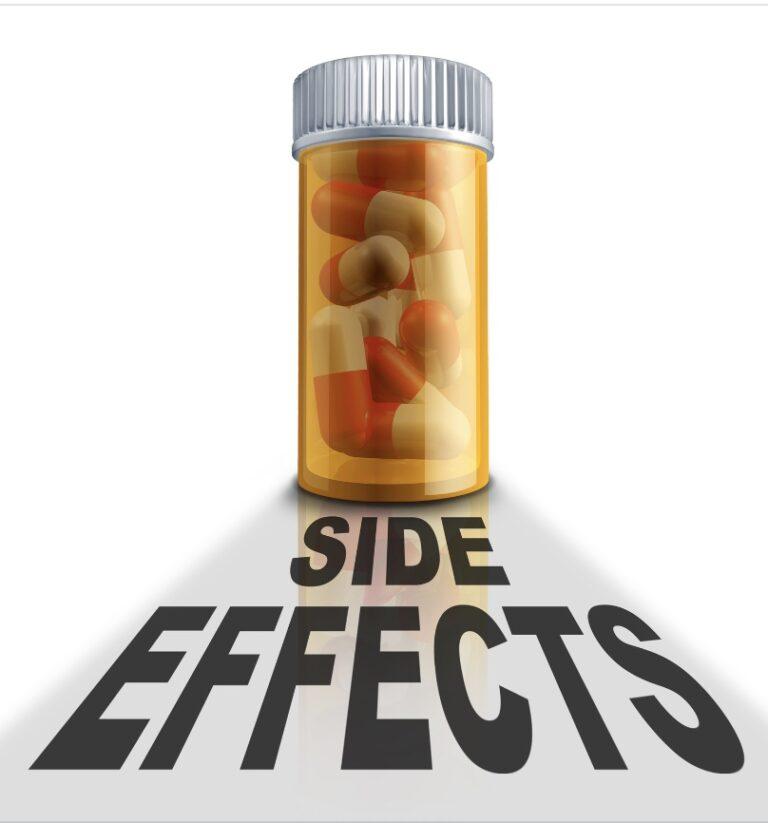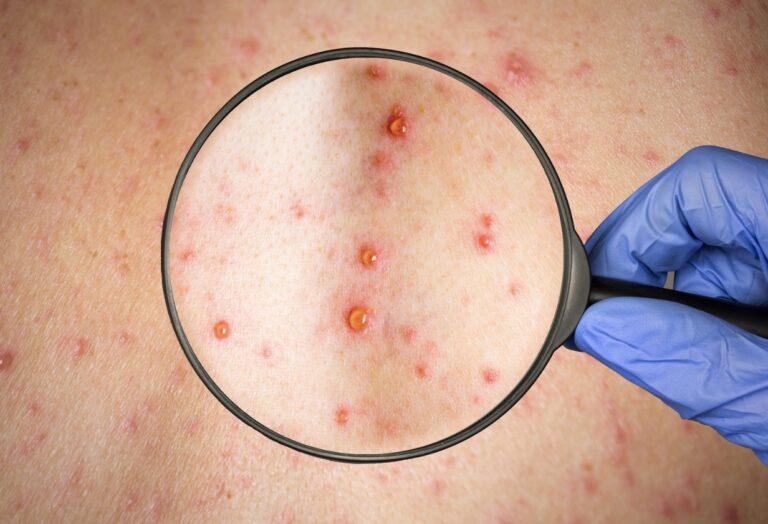Shingles Treatments
* Includes Free Private Prescription & Consultation.
† Applies to UK only.

START YOUR TREATMENT TODAY
Available Treatments for Shingles
SAFE PRESCRIBING
Get Started With the Right Treatment for You
MEDICAL INFORMATION
Shingles Key Facts
Shingles (herpes zoster), is a viral infection caused by the varicella-zoster virus (VZV), the same virus that causes chickenpox. After a person has had chickenpox, the virus can remain dormant in the body for many years. However, the virus can become reactivated later in life, leading to Shingles. Here, we will take a closer look at the causes, symptoms, treatment, and prevention of Shingles.
Understanding Shingles
Shingles is caused by the reactivation of the Varicella-Zoster virus in the body. It mainly affects adults over the age of 50, but children can also be affected. The virus can remain inactive in the body in nerve tissues near the spinal cord and brain after a person has had chickenpox, but certain factors such as stress, or a weakened immune system can trigger the virus to reactivate, causing Shingles. The exact reason for reactivation is not known, but it is more common in older adults and those with a weakened immune system.
Risk factors for Shingles
Shingles is more common in adults over the age of 50. Individuals with weakened immune systems, such as those with HIV or AIDS are also at a higher risk of developing Shingles. Those who have not been vaccinated against chickenpox and have never had chickenpox are also more likely to develop Shingles.
Symptoms of Shingles
Symptoms of Shingles include:
- Shooting pain, burning, tingling
- Itching in a specific area of the skin
- Painful rash on one side of your body or face
- Fluid-filled blisters that eventually scab over and heal within a few weeks
- Flu-like symptoms such as fever, headache and an upset stomach
Some individuals may experience symptoms without developing a skin rash.
Complications of Shingles
Common complications include:
- Postherpetic neuralgia (PHN), which causes severe pain in the area where the Shingles rash occurred
- Eye problems and vision loss
- Hearing or balance issues
- Bacterial skin infections
- Neurological complications such as encephalitis (if the virus spreads to the brain or spinal cord)
Diagnosing Shingles
Diagnosis is typically made by a physical examination and medical history review. In some cases of Shingles a small sample of fluid from the blisters may be tested to confirm the Varicella-Zoster virus is present, to help differentiate Shingles from any other skin conditions.
Treatment options for Shingles
Shingles is not curable, but treatments are available to alleviate the symptoms and promote faster healing aswell as the prevention of complications.
- Antiviral medications include aciclovir, famciclovir, and valaciclovir, to help reduce the duration and severity of the infection
- Painkillers, such as ibuprofen may be used to manage nerve pain and help reduce any discomfort
- Topical creams, lotions, cool compresses, and oatmeal baths may also provide relief from itching and discomfort
- Keeping the rash clean and dry to prevent bacterial infections
Prevention: Vaccination
Two vaccines are available:
- Shingrix: This is the preferred vaccine and is recommended for individuals aged 50 and older. The CDC (Centers for Disease Control and Prevention) recommends to administer Shingrix as two doses. Shingrix is more than 90% effective at preventing postherpetic neuralgia and Shingles
- Zostavax is recommended for adults aged 60 and older
Who should get vaccinated
Immunization is recommended for:
- Individuals aged 50 and older, whether they have had Shingles in the past or not
- Those who have previously received the Zostavax vaccine
The vaccine is generally safe, but pregnant women or breastfeeding women, those with severe allergies to vaccines, or those with active Shingles, should speak to their healthcare provider before getting vaccinated. If the chickenpox vaccine is given before a child gets chickenpox, the risk of Shingles can be reduced.
Side effects and risks of the Shingles vaccine
Serious side effects from the Shingles vaccine are extremely rare. However, potential allergic reactions include:
- Swelling of the face or throat
- Difficulty breathing
- Hives
- Fast heartbeat
Seek immediate medical attention if you have any of these symptoms after receiving the vaccine.
Zostavax is a live vaccine and may not be suitable for patients with weak immune systems or certain medical conditions. Speak to your healthcare provider about your medical history before receiving the vaccine.
Additional measures for prevention
To reduce the risk of Shingles:
- Maintain a healthy lifestyle
- Manage stress
- Practice good hygiene, such as regular handwashing
- Avoid close contact with individuals who have active chickenpox or Shingles
Frequently Asked Questions about Shingles
Can you get chickenpox more than once?
Yes, but very rarely. People who have had chickenpox will be immune for the rest of their lives, however, the virus remains dormant in nerve tissue and may be reactivated later in life, due to certain risk factors.
What does the Shingles rash look like?
Shingles look like a stripe of blisters, wrapped around one side of the body, either on the right or left side of your torso.
How can you prevent the spread of Shingles?
A person with Shingles may pass the virus to anyone who is not immune through direct contact with open sores of the Shingles rash. Cover the rash if you have Shingles, do not touch or scratch it, and wash your hands regularly to prevent its spread.
What is the best treatment for Shingles?
Early treatment with antiviral medications is recommended. Pain relief medication such as paracetamol, wet compresses, calamine lotion, and warm oatmeal baths are also recommended.
What is the main cause of Shingles?
Shingles are caused by the Varicella-Zoster virus, the same virus that causes chickenpox.
Is Shingles caused by stress?
Shingles are not caused by stress, but your risk of developing Shingles is increased by stress. The virus may become reactivated if you are severely stressed.
Do Shingles go away?
Shingles do not go away. It remains dormant in your body after you have had chickenpox. Shingles symptoms do however normally improve within 2 to 4 weeks.
Conclusion
Shingles is a viral infection that can cause significant pain and discomfort. Vaccination is strongly recommended for people aged 50 and over, to reduce the risk of developing Shingles and its complications. Staying informed, taking preventive measures and seeking early medical attention can reduce your risk of developing Shingles and its associated complications.
Sources
- NHS Inform – Shingles
- CDC – Shingles
- Medlineplus – Shingles
- NIH – Shingles
Medical Disclaimer
NowPatient has taken all reasonable steps to ensure that all material is factually accurate, complete, and current. However, the knowledge and experience of a qualified healthcare professional should always be sought after instead of using the information on this page. Before taking any drug, you should always speak to your doctor or another qualified healthcare provider.
The information provided here about medications is subject to change and is not meant to include all uses, precautions, warnings, directions, drug interactions, allergic reactions, or negative effects. The absence of warnings or other information for a particular medication does not imply that the medication or medication combination is appropriate for all patients or for all possible purposes.
Related Articles
OUR CUSTOMERS VIEW
What Customers Love About Our Service
We want everyone to be happy and healthy, that’s what keeps us going. Read what some of them have to say about us.
Medicines Experts
Meet Our Medical Team
We are a broad skilled and passionate group of clinicians with experience of operating in health systems in the United Kingdom & United States. Providing excellent care and advice is at the heart of everything we do. You can read more about our medical team by visiting the medical team page or learn more about how we curate content by visiting our editorial process





